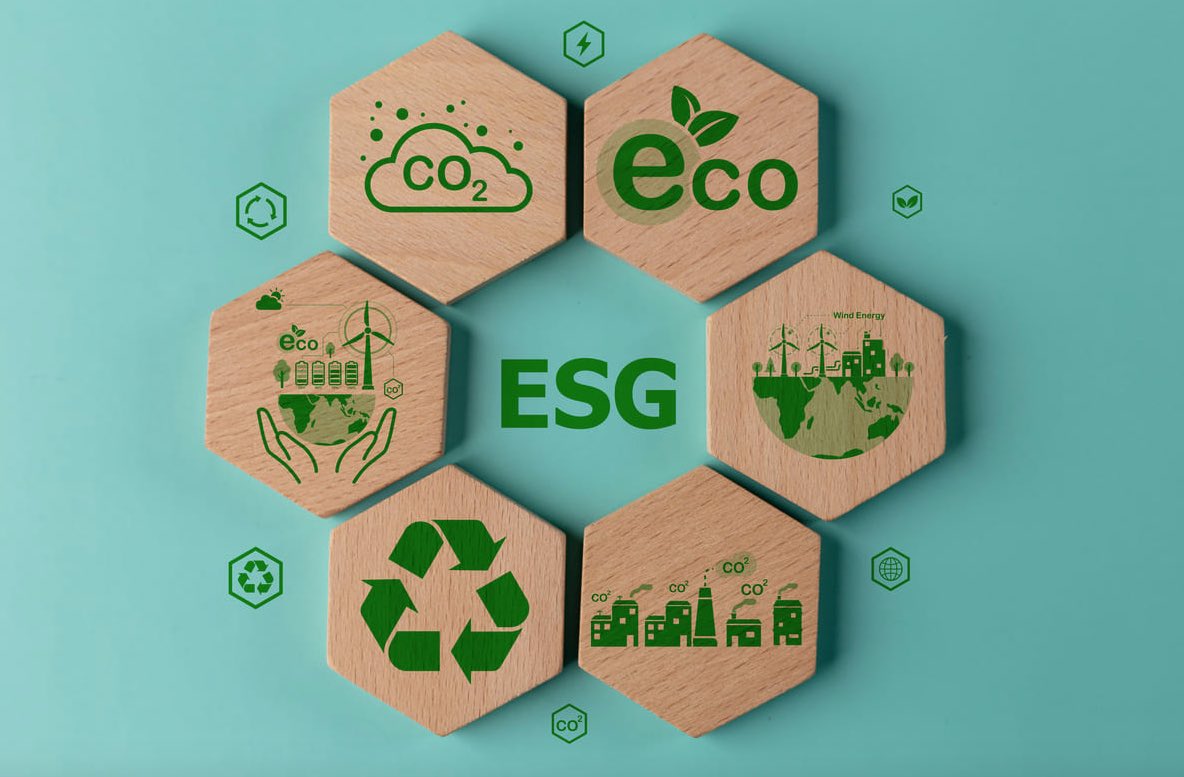The annual survey by Boston Consulting Group and CO2 AI shows a flat trend. Sustainability reporting is not significantly improving among the world's 1,800 largest companies, with some even regressing. Yet, pushing for decarbonization and comprehensive reporting is worthwhile, with companies earning, on average, an additional $200 million each year

The survey covers 1,864 companies responsible for 46% of global emissions
“Stagnant.” This is how the level of progress in ESG disclosure appears in the 2024 edition of the Carbon Emissions Survey by Boston Consulting Group and CO2 AI. In which areas are large companies making progress? And in which sectors is sustainability reporting declining in quality compared to previous years? Why is this happening?
These are the questions addressed by the annual survey conducted with over 1,800 large companies, all with revenues above $100 million and at least 1,000 employees. The respondents operate across 16 different industries and are based in 26 countries. Collectively, these companies account for 46% of global greenhouse gas emissions.
ESG Disclosure: Worsening Trends in 2024
Compared to previous editions of the survey, initiated in 2021, this year’s data show that only 9% of companies provide comprehensive reporting on all types of emissions (Scope 1, 2, and 3). This is down from 10% in 2023. The variation is small, but when looking at the past four years, the trend is clear: even in 2021, the percentage stood at 9%, indicating a flat curve.
There are also declines in the number of companies that include specific targets for all three emission scopes in their ESG disclosures (16% in 2024, down by 3 percentage points) and in those achieving actual greenhouse gas reductions in line with their targets (only 11%, also down by 3 points).
Decarbonization Pays Off (Especially with AI)
Another important chapter highlights the benefits derived from corporate decarbonization strategies. This year’s survey once again confirms that cleaning up business practices pays off. Companies that prioritize ESG disclosures—and thus monitoring and solutions for decarbonization—are also the ones achieving benefits beyond 7% of annual revenues, averaging at least $200 million per year.
Analyzing the performance of the 1,800 companies, the survey identifies three decarbonization priorities and quantifies their benefits for the business:
- Measurement: Companies that measure all three emission scopes comprehensively are 1.6 times more likely to experience significant decarbonization benefits.
- Reporting: Companies that fully report on each scope are 1.5 times more likely to reap financial benefits from decarbonization.
- Goal Setting: Companies that set validated targets for each scope are 1.9 times more likely to increase revenues.
- Use of Artificial Intelligence: Companies that employ AI in activities to reduce emissions have a 4.5 times higher likelihood of obtaining tangible benefits from their decarbonization journey.












